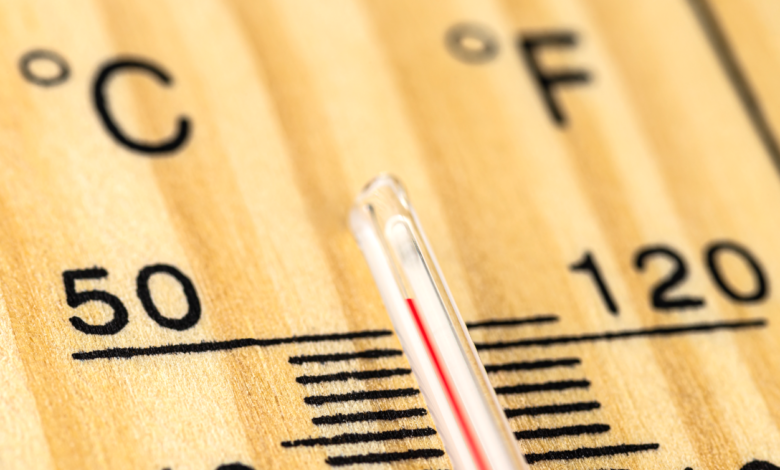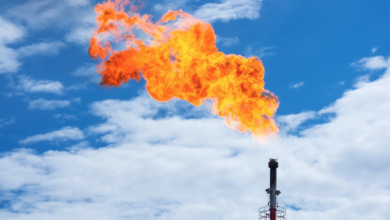The next 5 years of global warming bring us closer to “climate hell”

Global warming in one of the next 5 years can reach +1.9
There is a very high probability (86%) that at least one of the next 5 years will close with a global warming level above 1.5 ºC, exceeding the record set in 2023. And it is almost a 50% probability that the entire 2024-2028 five-year period will exceed the lower threshold set by the Paris Agreement. Last year, this probability was significantly lower: 32%. While having at least one year above the threshold, in 2015, was substantially zero.
“We are playing Russian roulette with our planet,” said UN Secretary-General António Guterres. “We need an exit ramp from the highway to climate hell. And the good news is we have the steering control. The battle to limit the rise in temperature to 1.5 degrees will be won or lost in the years 2020 – under the responsibility of today’s leaders”.
Global warming, we could hit +1.9 °C by 2028
This is the forecast presented by the World Meteorological Organization in a report published on June 5 that looks at the trend of the climate crisis over the next 5 years. The range of global warming for each year in the period under consideration ranges from +1.1 to +1.9°C compared to the average of the pre-industrial period (1850-1900). This will not be enough to decree the definitive overshoot of the threshold of 1.5 °C, which is defined by the Paris agreement as the long-term average (20 years). But it is a “severe warning” that we are getting closer and closer to that moment.
Global warming record also in March: it’s the 10th consecutive month
Temporary overruns of 1.5°C will become more frequent, increasing the frequency and intensity of extreme climatic phenomena, making clear the negative impact of climate change even before the Paris thresholds are exceeded. There is also a high probability that the average temperatures from May to September, in the next 5 years, are well above the average of the last 30 years. Thermal anomalies in the northern hemisphere are higher than recorded. While global warming in the Arctic will run three times faster than the world average.
“Behind these statistics lies the sad reality that we are far from achieving the objectives set out in the Paris Agreement,” said OMM Deputy Secretary General Ko Barrett. “We must urgently do more to reduce greenhouse gas emissions, otherwise we will pay an ever higher price in terms of thousands of billions of dollars in economic costs, millions of lives affected by increasingly extreme weather conditions and extensive damage to the environment and biodiversity”.





